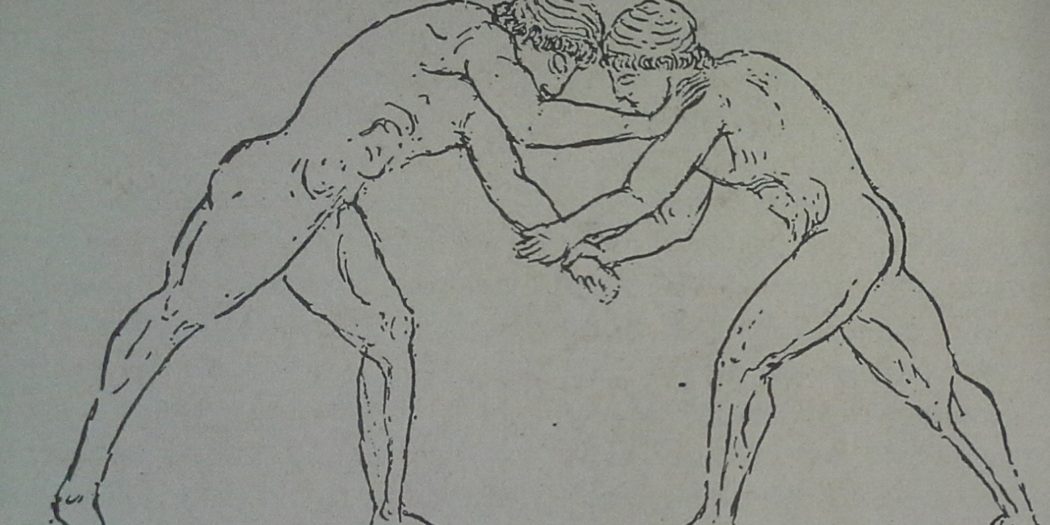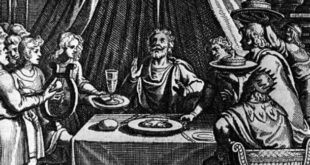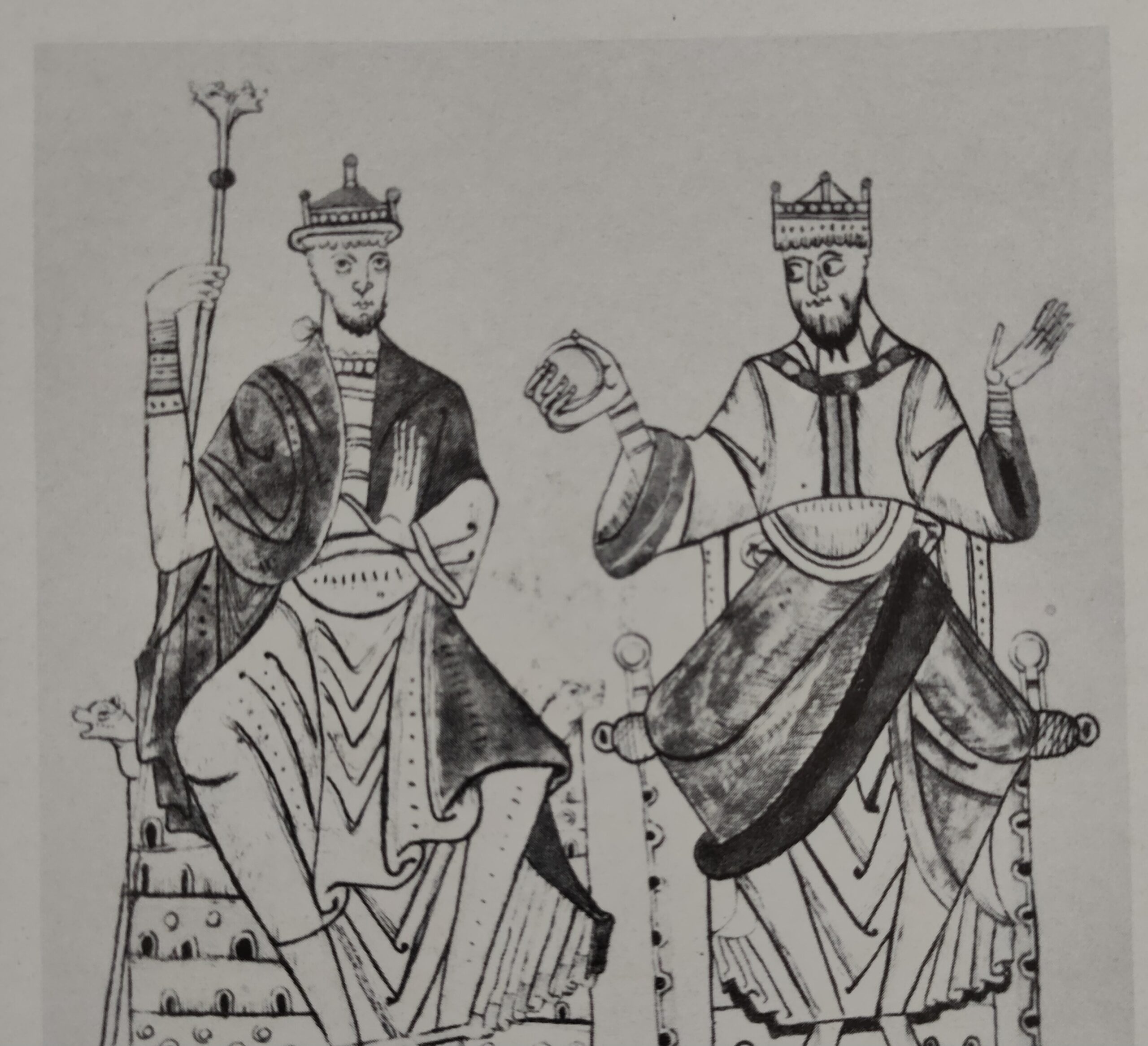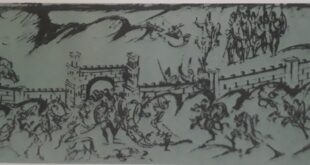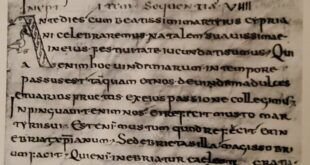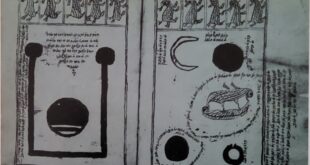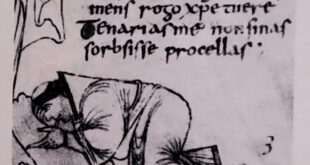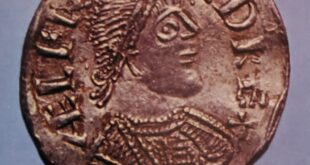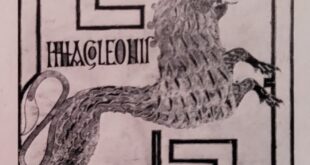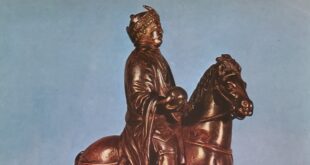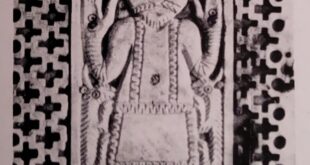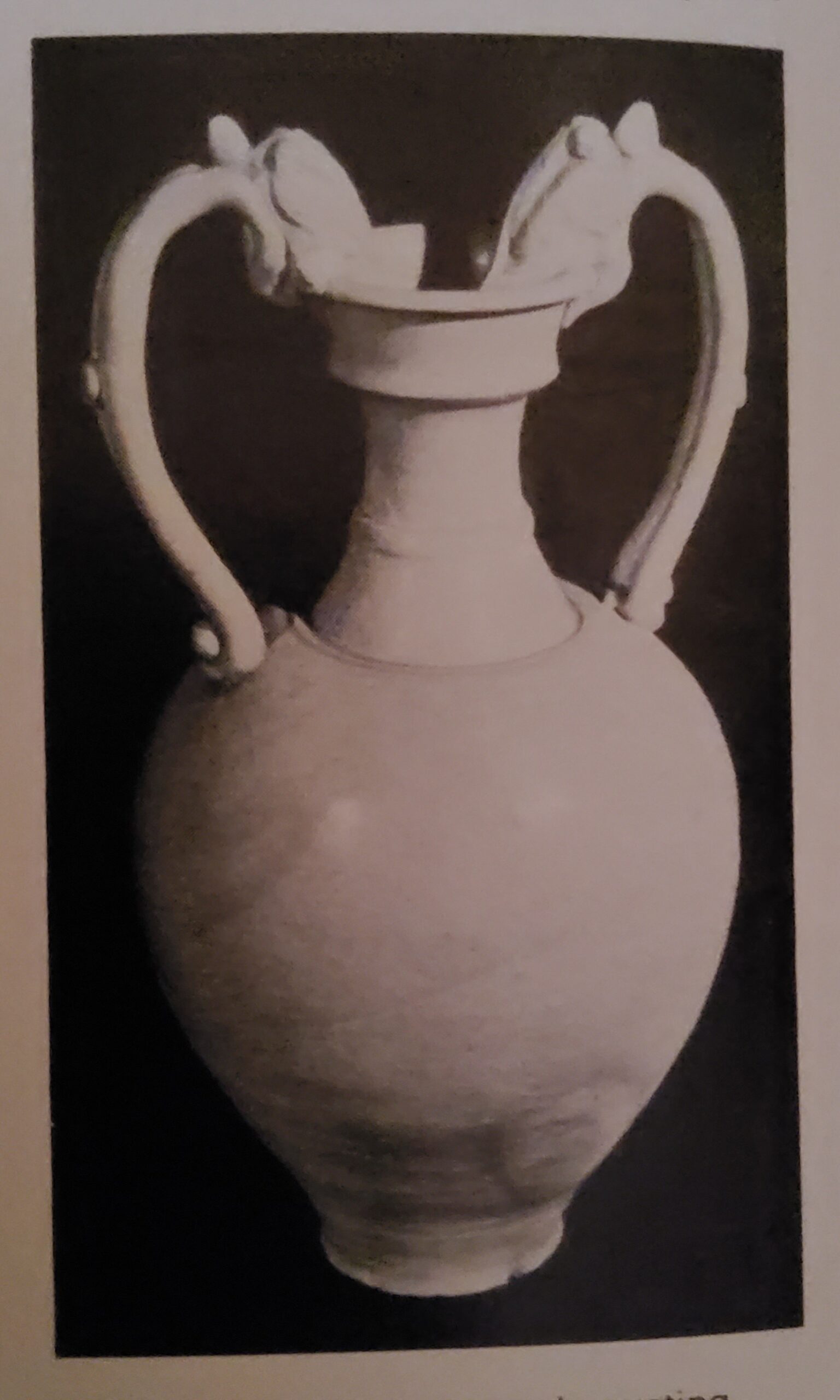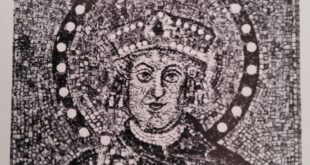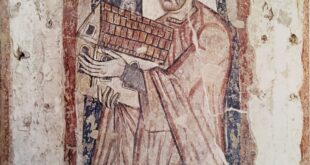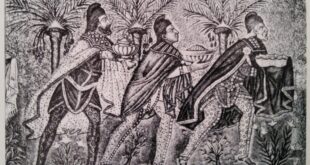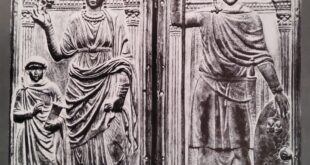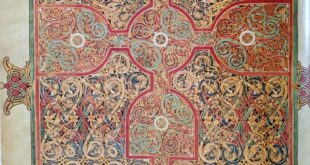The Olympic Games
May 24, 2018
Hellenes - Ancient Greek Mythology
At Olympia every four years Olympic games were held in which any Greek was entitled to take part. It is not known when the first Olympic games were held, but they were said to have been revived in the year 776 B.C. and the Greeks used that year from which to reckon dates. The period of four years between each celebration of the olympic games was called an Olympiad. When therefore a Greek writer says something happened in the year of the . . . Olympiad we can calculate the year according to our system and put it down as . . . B.C. From now onwards Greek history becomes more exact.
Like Delphi, Olympia became a place where men from any part of the Greek world might meet. For a month every four years the incessant quarrels of the city-states were stopped and during five days of this truce period the olympic games were held. There was running, long jump, boxing. wrestling, throwing the discus or javelin, chariot racing and horse racing (all individual events — no team games) and no Marathon. The only prize at Olympia was a crown of wild olive, but when victorious, competitors reached home they were given a variety of honours and rewards. At Athens they received a large sum of money and the right to free dinners for life (cf. p. 60). At Sparta they were assigned the post of honour in battle.
Check Also
Hugh Capet was coronated in 987 and with that, began the French dominance of Europe. …
Norsemen or Vikings – Danes, Norwegians and Swedes — were terrorizing the greater part of …
The birth of Hungary The battle of the Lechfeld, which was so important to Western …
Lechfeld, the battleground outside Augsburg on St. Lawrence’s day, 10 August 955 A. D., was …
Cluny, the Greatest Benedictine Abbey in Europe, was founded in 910. After the reign of …
Caliph of Cordova’s library, raised Cordova to its great eminence. It was Europe’s most glittering …
Baghdad founded and became the centre of Islamic learning and culture. England in the tenth …
Alfred “The Great”, alone amongst the English kings, has been awarded this title. Earlier invaders …
Charlemagne’s empire destroyed and dissolved in the ninth century, but the idea of “Europe” survived. …
Charlemagne crowned, at a solemn moment during the celebration of Mass in Rome’s St. Peter’s …
Frankish hordes crush the Romans at Soissons and the disintegration of Europe begins. Japan during …
Japanese renaissance was not until 794 A.D., when the Japanese capital was transferred from Nara …
T’ang Empire – first of the great Chinese dynasties – unifies the nation. The siege …
The flight to Medina, was made by the prophet Mohammed, when he fled from his …
Justinian Corpus, the Juris Civilis, is the ancestor of all European legal systems. The sixth …
St. Benedict’s monks tried to poison him, on one occasion it is said – and …
Old Europe crumbles as barbarian waves batter civilizations. Ironically, the victory on the Mauriac Plain …
Attila, the “Scourge of God” was the legendary force that — curiously enough — helped …
The Visigoths, led by Gaiseric, settle in North Africa and challenge Rome. Ireland before St. …
In the spring of 432, Laoghaire, ruler of a petty kingdom in northern Ireland, gathered …
